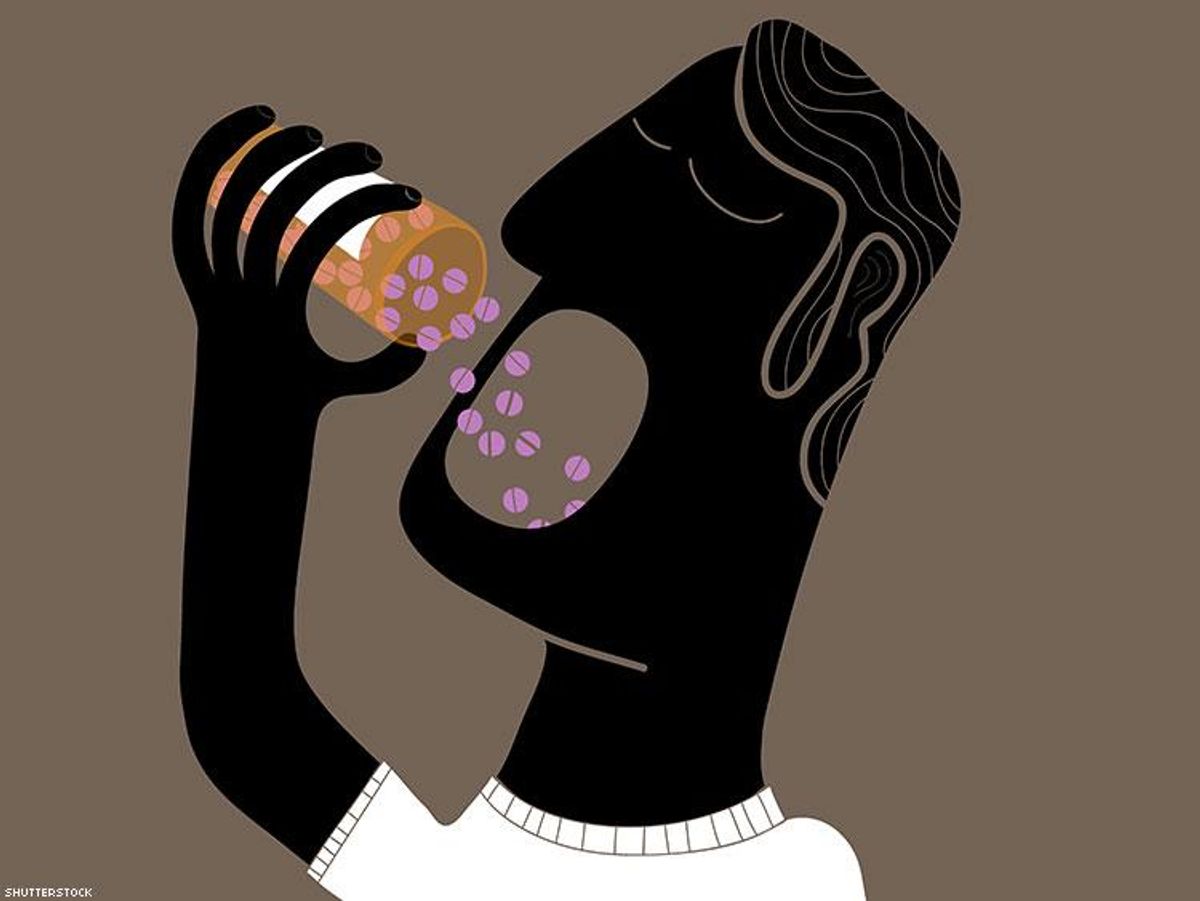Treatment
Five Tips to Help You Stay on Track with Your Medications

By continuing to use our site, you agree to our Privacy Policy and Terms of Use.

It’s estimated that 50 percent of people who take medications do not take them as prescribed. Here are a few tips to help you make sure you get the most out of your prescriptions and stick to your recommended schedule.
Ask an Expert When taking prescription medications or over-the-counter drugs, ask your healthcare provider or pharmacist about any concerns you may have. Questions might include dosage, expiration dates, proper storage, potential side effects, or anything else that could lessen your chances of taking your medications correctly and effectively. Make sure your healthcare provider or pharmacist knows the full list of prescriptions, over-the-counter medication, and/or herbal supplements you are taking, to ensure there are no dangerous drug interactions or side effects.
Don’t Deviate From Your Prescription Not takng your medication as prescribed can lead to adverse side effects, prolonged illness, or the need for additional medications. Stoping your medication can also be dangerous. The list of reasons for not taking prescriptions is long and can range from simply forgetting to not having transportation to pick up the medication from the pharmacy. Check to see if your health plan or the company who makes your medication offers a “medication adherence” program. These programs provide you with support, tools, and resources. Some even include access to a 24/7 clinical coach who can help you stay on track with your medication schedule and help you overcome any obstacles you might have with taking your medicine regularly.
Finish Your Prescription Even if you think you do not need the medication anymore or you are feeling better, follow the instructions given by your healthcare provider and don't stop taking the meds without talking to your doctor first. Prescriptions do expire, so “saving” the remainder of a prescription for later use can be dangerous. If refills are needed, set up automatic refills or personal reminders so you never run out or miss a dose.
Know the Side Effects Knowing the potential side effects of each medication you are taking allows you to be aware of changes in how you are feeling and your health. If you do experience a side effect, contact your healthcare professional immediately.
Make an Appointment with Yourself Taking your medications as prescribed and at the times recommended by your healthcare professional is important to the effectiveness of your treatment. Set a reminder on your phone or computer calendar to prompt you to take your medication. Use a daily or weekly pill organizer to ensure you take the right medications at the right time on the right day. By establishing a routine with your medications, you are less likely to miss a dose.
Jennifer Bonham is a Corporate Director at Envolve, a company providing wide range of healthcare solutions including care coordination, behavioral health management, education services, telehealth services, 24/7 nurse advice services, and data, analytics and IT solutions. Envolvehealth.com.